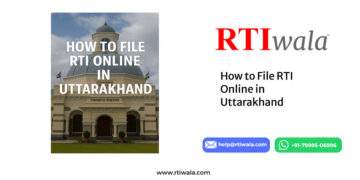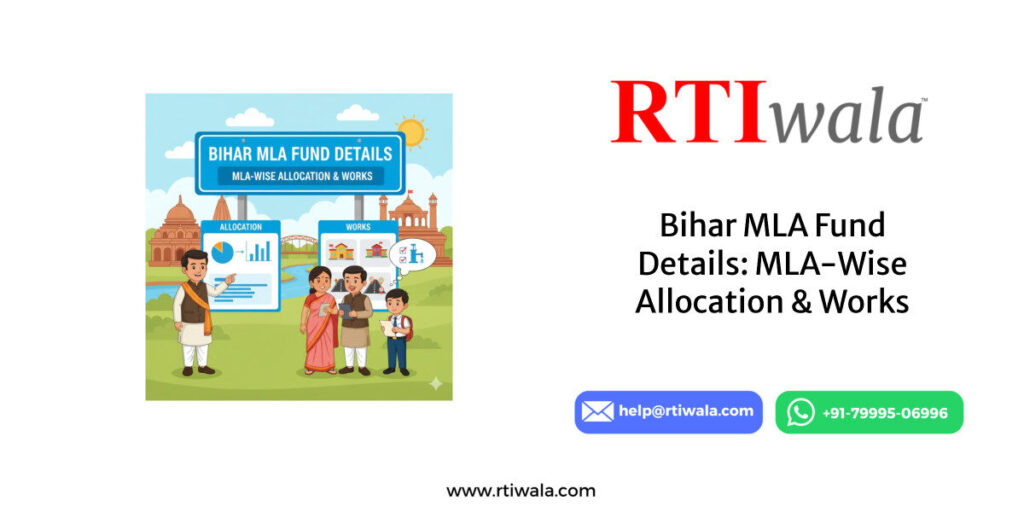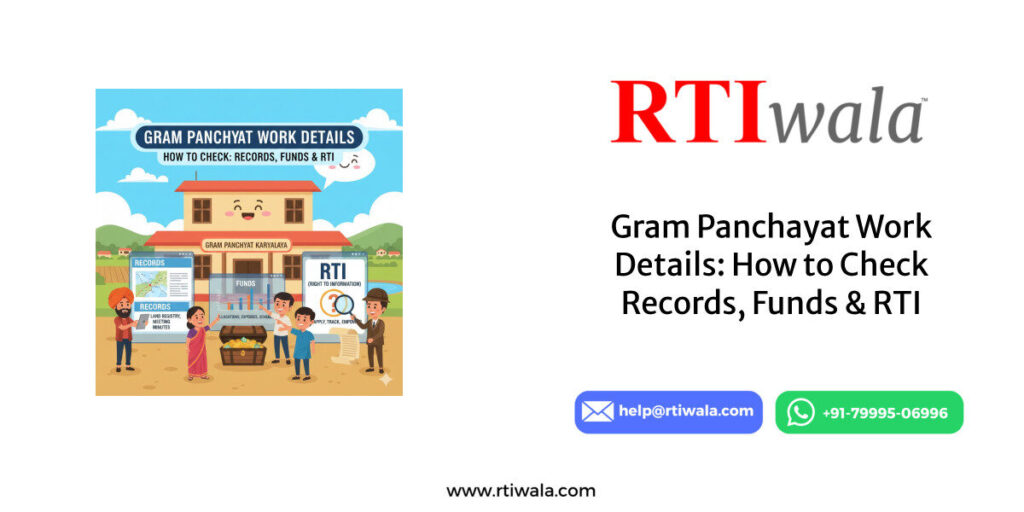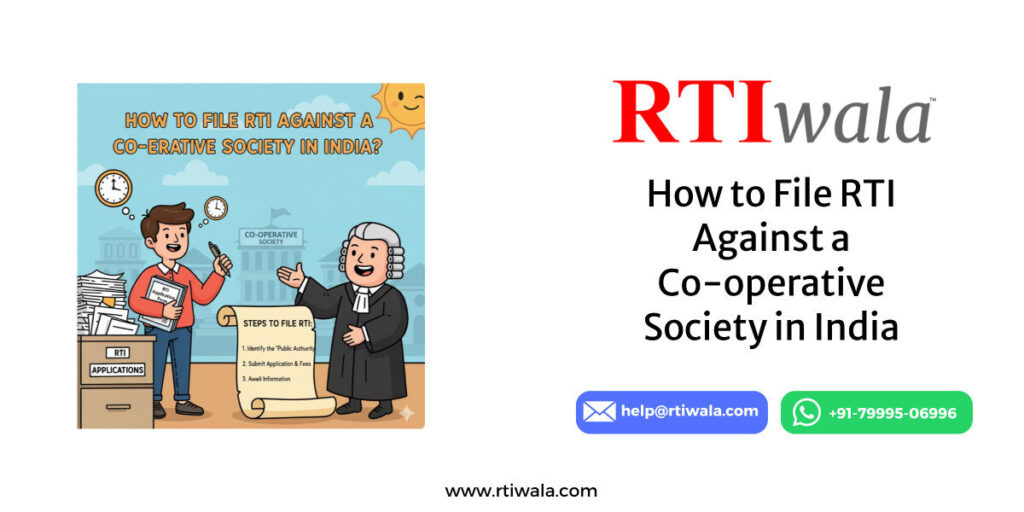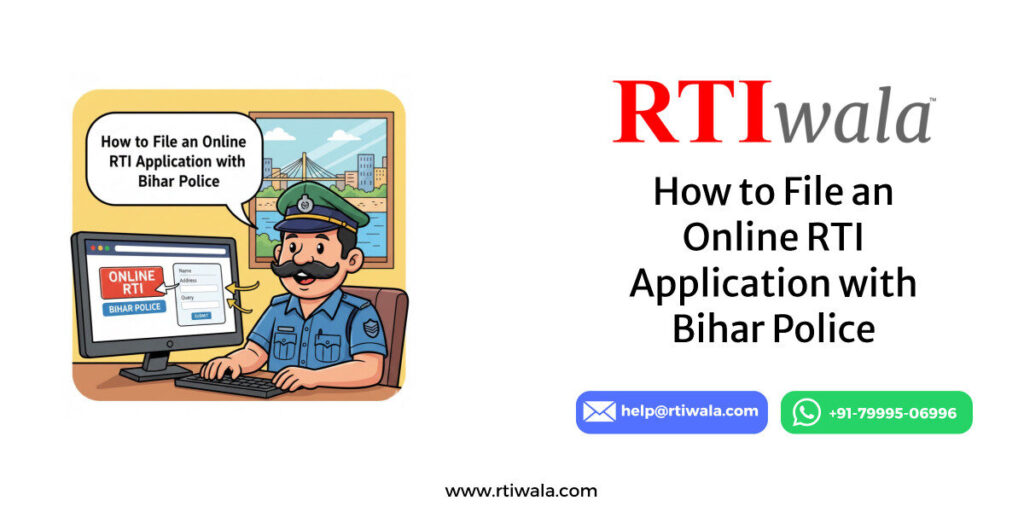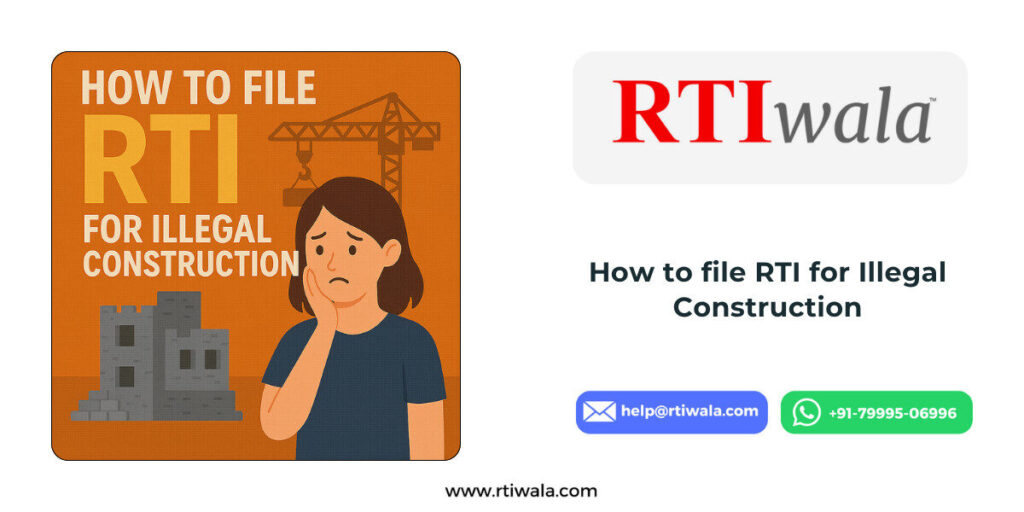What is Article 35A all about?
RTIwala Explains Article 35A and everything you should know about it! It’s an Article of Indian Constitution which defines the permanent residents of the Indian State of Jammu & Kashmir and provide special rights and privileges to those permanent residents. Nowadays, this article is one of the most debated and discussed issue across all media sources.
[amazon_link asins=’935143446X,8123707347,0198787332,9350359804,0195649591,B00QQCTJ2G,9383454202′ template=’ProductCarousel’ store=’wwwrtiwalain-21′ marketplace=’IN’ link_id=’bc6be447-bd50-11e7-b59b-9dad80130b88′]
What is the History of Article 35A?

When J&K joined India through the instrument of accession signed by its ruler Hindu Rajput Ruler Hari Singh in the month of October 1947. And, after the J&K’s accession, popular leader Sheikh Abdullah (grandfather or Omar Abdullah) took over reins from Dogra ruler. In 1949, he negotiated J&K’s political relationship with New Delhi, which led to the inclusion of Article 370 in the Constitution.
The Article 35A inserted after the 1952 Delhi Agreement between Abdullah and Nehru, several provisions of the Constitution were extended to J&K via the Presidential order of Dr Rajendra Prasad in 1954.
Also Read: Interviews of Prominent Indian Personalities
The significance of Article 35A for J&K residents!
The Constitution of Jammu & Kashmir was framed in 1956. It retained Maharaja Hari Singh’s definition of permanent residents:
- All persons born or settled within the state before 1911 or after having lawfully acquired immovable property resident in the state for not less than ten years prior to that date.
- All emigrants from Jammu and Kashmir, including those who migrated to Pakistan, are considered state subjects.The descendants of emigrants are considered state subjects for two generations.
- The passed Permanent Residents law prohibits non-permanent residents (from other states of India) to get a permanent settlement in the state of J&K, acquiring immovable property, govt jobs, scholarships, and aid.
- It was also interpreted as discriminatory against J&K women. It disqualified them from their state subject rights if they married non-permanent residents.
But, in a landmark judgment in October 2002, J&K high court held that women married to non-permanent residents will not lose their rights. The children of such women don’t have succession rights.
- An emergency can be imposed only on the grounds of internal disturbances and imminent danger from
a foreign enemy. - The central government has no power to impose financial emergency in the state.
Watch Now: RTIwala TV
All of sudden why Article 35A is trending?
Today the Hon’ble Supreme Court is set to take up a clutch of petitions challenging the constitutional validity of the politically contentious Article 35A. Four petitions demanding to scrap of the provision have been listed before a bench of Chief Justice Dipak Misra and Justices A M Khanwilkar and D Y Chandracud. The main petition was filed by Delhi-based NGO We the Citizens in 2014. Subsequently, three more petitions challenged the Article and were clubbed with the main one.
Liked the article, review or interview? Then please Share and Comment to express your views on it. We’re the Corruption Crusaders! So kindly Subscribe and Join us in our initiative.
All the Names, Images and Trademarks are registered property of their respective owners.

RTIwala | Empowering the masses… by RTIwala Team is licensed under a Creative Commons Attribution-NonCommercial-NoDerivatives 4.0 International License.
Based on a work at rtiwala.com.
Permissions beyond the scope of this license may be available at contact-us/














